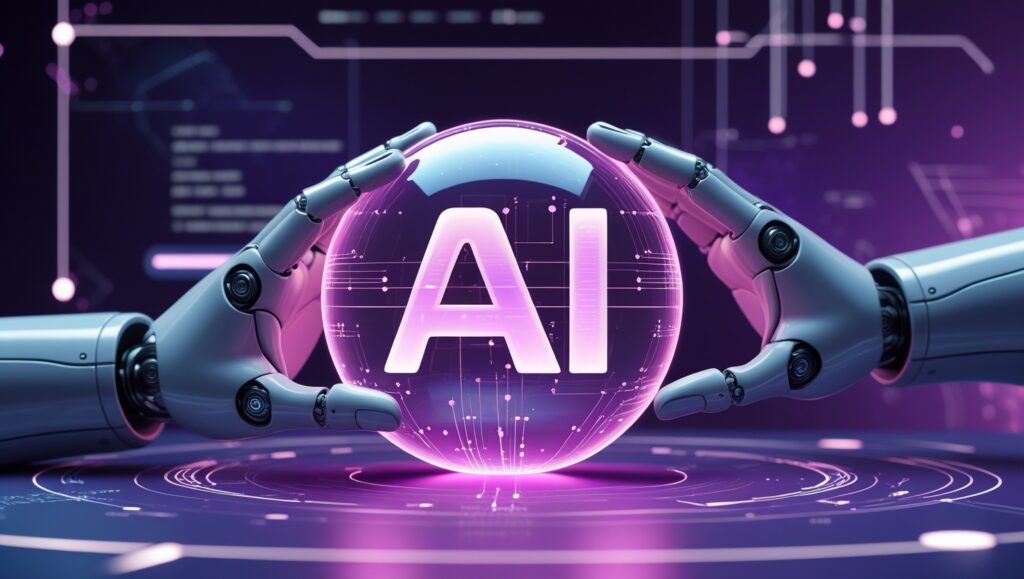How Artificial Intelligence Is Redefining Game Development

The integration of artificial intelligence in gaming is rapidly changing the landscape of interactive entertainment. As studios and outsourcing partners adopt new technologies, the potential for smarter, more engaging AI powered games continues to grow.
Why AI Matters in Modern Game Development
For companies experienced in outsourcing game development services, artificial intelligence is now a strategic asset. It enables teams to push creative boundaries, streamline production, and deliver experiences that resonate with today’s players. The rise of AI game development is setting new standards for efficiency and creativity in the industry.
Transforming the Production Pipeline
AI in game industry is now present at every stage of game creation. Developers use machine learning to automate asset generation, optimize testing, and personalize gameplay. These advancements help teams:
Shorten development timelines through automation:
Recent industry data shows that AI powered games and content generation tools can reduce the time required for creating 3D assets and environments by up to 60%, allowing teams to focus on core gameplay and innovation.
Tailor experiences to individual player preferences:
Adaptive AI systems now analyze player behavior in real time, dynamically adjusting difficulty, quest flow, and in-game events. This has led to a measurable increase in player retention and session length, with some studios reporting up to 25% longer average play sessions.
Create more immersive worlds with dynamic, responsive characters:
AI-driven animation and behavior models enable AI npcs to react contextually to player actions, resulting in more believable and emotionally engaging interactions. Surveys among developers indicate that over 70% now use AI in video games to enhance character realism and world interactivity.
Practical Applications of AI
The influence of artificial intelligence in gaming is evident across the industry. Here are some key areas where it’s making a difference:
Area | Example of AI Use |
Procedural Generation | AI algorithms generate unique environments, levels, and assets on the fly. |
Game Testing | Automated AI agents perform playtesting, identifying bugs and balancing gameplay. |
NPC Behavior | Machine learning models create lifelike, adaptive character behaviors. |
Player Analytics | AI analyzes player data to optimize engagement and personalize content. |
Narrative Design | Generative models produce branching storylines and dynamic dialogue. |
Smarter NPCs and Player Engagement
One of the most noticeable changes is the evolution of non-player characters. These digital actors now learn from player actions, adapt their strategies, and contribute to more memorable interactions. For example, new AI models allow AI npcs to remember player choices across sessions, leading to persistent relationships and unique story outcomes. Industry research shows that games with adaptive NPCs see up to 30% higher player satisfaction scores.
Efficiency and Innovation
Automated tools powered by artificial intelligence in gaming are streamlining workflows, from asset creation to localization. AI-driven localization platforms now translate and culturally adapt dialogue with up to 95% accuracy, reducing time-to-market for global releases. This efficiency allows studios to focus on innovation and respond quickly to market trends. For those working with outsourcing partners, these tools ensure projects remain flexible and scalable.
Looking Ahead
The future promises even deeper integration of AI in gaming. As algorithms become more advanced, expect to see:
Gameplay that adapts in real time to individual users:
AI will enable games to offer unique, personalized experiences for every player, adjusting not only difficulty but also narrative and world-building elements.
Seamless blending of narrative and mechanics:
Generative AI will allow for the creation of side quests, dialogue, and even entire story arcs on demand, making every playthrough distinct.
New business models based on player behavior insights:
Studios leveraging AI-driven analytics are already seeing up to 20% increases in player lifetime value, as content and offers are tailored to individual preferences and habits.
Learn more about our outsourcing game development services and explore mobile engineering for interactive entertainment.